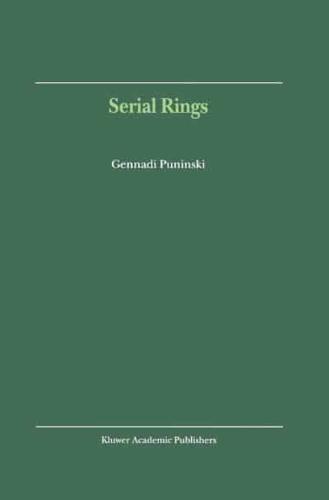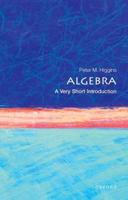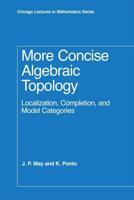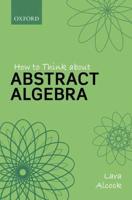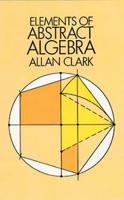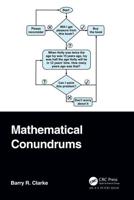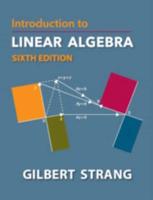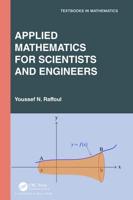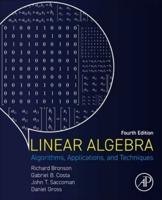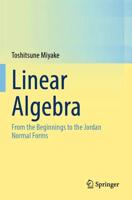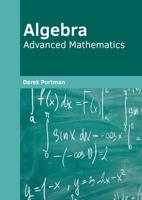Publisher's Synopsis
The main theme in classical ring theory is the structure theory of rings of a particular kind. For example, no one text book in ring theory could miss the Wedderburn-Artin theorem, which says that a ring R is semisimple Artinian iffR is isomorphic to a finite direct sum of full matrix rings over skew fields. This is an example of a finiteness condition which, at least historically, has dominated in ring theory. Ifwe would like to consider a requirement of a lattice-theoretical type, other than being Artinian or Noetherian, the most natural is uni-seriality. Here a module M is called uni-serial if its lattice of submodules is a chain, and a ring R is uni-serial if both RR and RR are uni-serial modules. The class of uni-serial rings includes commutative valuation rings and closed under homomorphic images. But it is not closed under direct sums nor with respect to Morita equivalence: a matrix ring over a uni-serial ring is not uni-serial. There is a class of rings which is very close to uni-serial but closed under the constructions just mentioned: serial rings. A ring R is called serial if RR and RR is a direct sum (necessarily finite) of uni-serial modules. Amongst others this class includes triangular matrix rings over a skew field. Also if F is a finite field of characteristic p and G is a finite group with a cyclic normal p-Sylow subgroup, then the group ring FG is serial.


